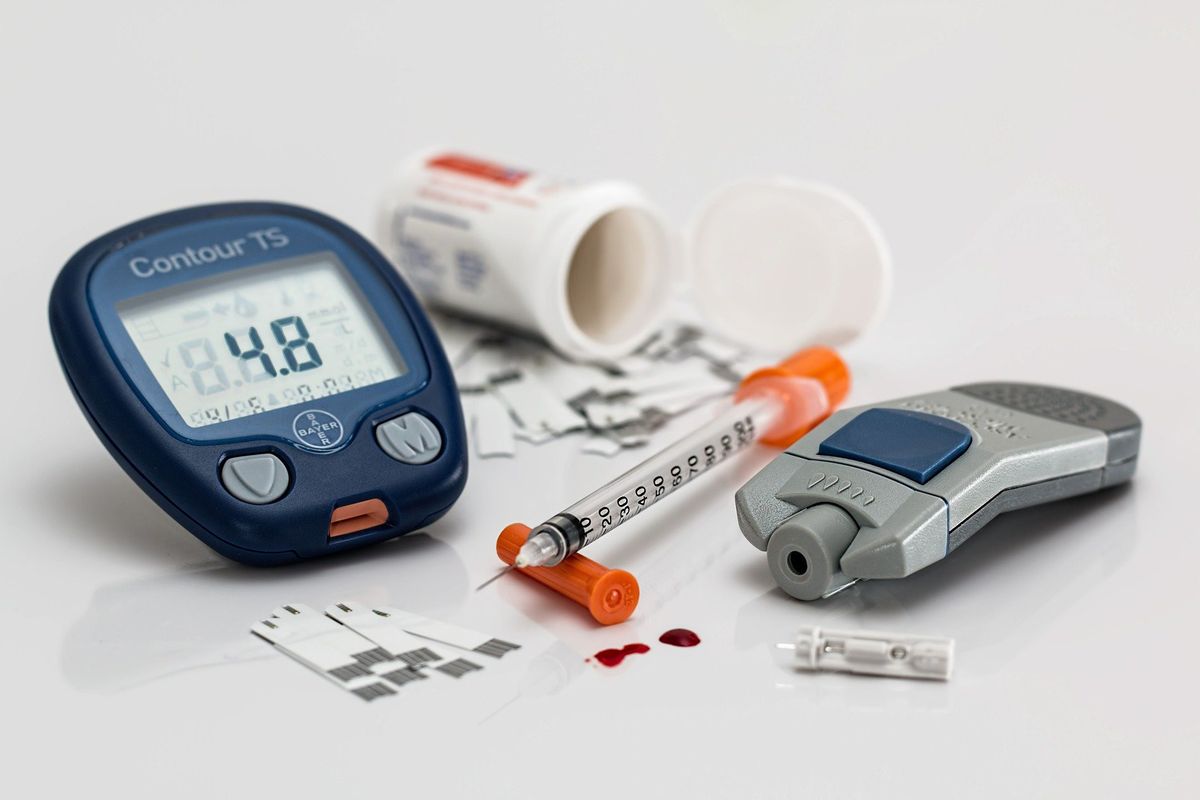'Reversing Diabetes' Guide Was Bogus; FTC Levies $2 Million Penalty

A Baltimore-based company that published a supposed guide to “reversing” diabetes has agreed to pay $2 million to settle Federal Trade Commission charges that the supposed cure was bogus.
“These defendants preyed primarily on older consumers with false or unsubstantiated claims about curing diabetes and free money from the government,” said Bureau of Consumer Protection Acting Director Daniel Kaufman, in a news release. “The FTC has a long history of taking legal action against deceptive claims such as these, and companies that fail to substantiate their scientific and financial representations can expect to face the consequences.”
Agora Financial, LLC tricked seniors into buying pamphlets, newsletters, and other publications that falsely promised a cure for type 2 diabetes or promoted a phony plan to help them cash in on a government-affiliated check program, the FTC charged.
According to the FTC’s October 2019 complaint, Agora targeted its publications, including The Doctor’s Guide to Reversing Diabetes in 28 Days (The Doctor’s Guide), at older consumers nationwide. Agora falsely marketed The Doctor’s Guide as a simple and scientifically proven protocol that can permanently cure type 2 diabetes in 28 days, without any changes in diet or exercise.
‘$1 Trillion Giveaway’
The FTC alleged the defendants falsely touted a “100 percent success rate” and claimed that “mainstream” treatments are ineffective and may even make consumers’ diabetes worse. The company’s marketing materials for The Doctor’s Guide deceptively advertised that the disease—which Agora claimed was caused by electronic devices—could be cured with a combination of natural products called “Himalayan Silk,” “Epsom Blue,” and “Chromanite.”
In its complaint, the FTC also alleged that Agora and a second group of related defendants marketed other publications, including a book titled Congress’ Secret $1.17 Trillion Giveaway to consumers that falsely promised it would show them how to claim hundreds of thousands of dollars to which they are entitled in “Congressional Checks” or “Republican Checks.”
Consumers who bought these products, however, found that they merely describe an investment strategy focused on dividend-paying stocks, which would require consumers to risk thousands of dollars to obtain the promised amounts.
